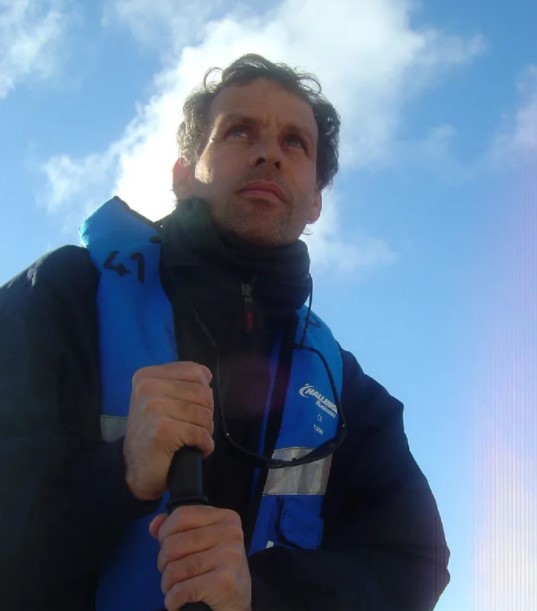Zero Dark Thirty - Kathryn Bigelow's brilliant account of the hunt for Osama bin Laden
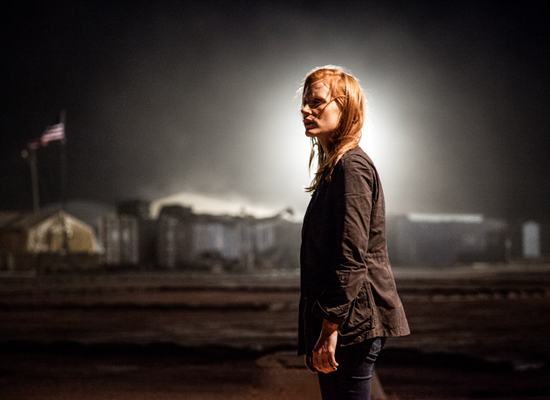
The latest updates, reviews and unmissable series to watch and more!
You are now subscribed
Your newsletter sign-up was successful
Want to add more newsletters?

ONCE A WEEK
What to Watch
Get all the latest TV news and movie reviews, streaming recommendations and exclusive interviews sent directly to your inbox each week in a newsletter put together by our experts just for you.

ONCE A WEEK
What to Watch Soapbox
Sign up to our new soap newsletter to get all the latest news, spoilers and gossip from the biggest US soaps sent straight to your inbox… so you never miss a moment of the drama!
Scripted, shot and in the can within 18 months of the May 2011 raid on Osama bin Laden’s compound in Abbottabad, Pakistan, Zero Dark Thirty, Kathryn Bigelow’s compelling account of the decade-long quest to track down and kill the al-Qaida leader, is a brilliant, breathtaking film.
At 157 minutes, it’s also a long film, and the viewer needs to stay sharp to stay on top of the details of the labyrinthine search, but Bigelow tackles the complex story with the same muscular urgency and incisive intelligence that won her an Oscar for The Hurt Locker.
She is again working from an intensively researched script by American journalist Mark Boals, her collaborator on The Hurt Locker, and her portrayal of CIA agents and analysts at work has a vivid authenticity that makes Homeland look hysterically melodramatic.
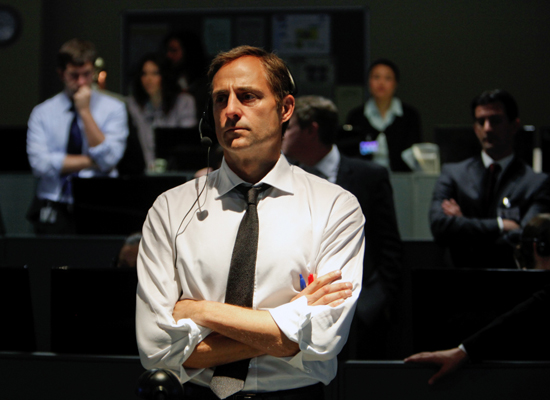
The film opens, chillingly, with a black screen over which we hear genuine audio recordings of the 9/11 attacks - including what appear to be the last moments of a woman succumbing to smoke and flames in one of the stricken towers of the World Trade Center.
The film then jumps two years to a no less disturbing scene in which a bearded CIA agent (Jason Clarke) subjects a terrorist prisoner to a brutal inquisition at a CIA black site. Looking on, unflinchingly, is Jessica Chastain’s delicate-looking, fine-boned redhead Maya - a character based on a real, necessarily anonymous CIA agent.
And it is Maya, the film’s intellectual and emotional focus, who proves to be driving force behind the hunt for bin Laden, pursuing clues, hints and hunches with monomaniacal tenacity over the coming years.
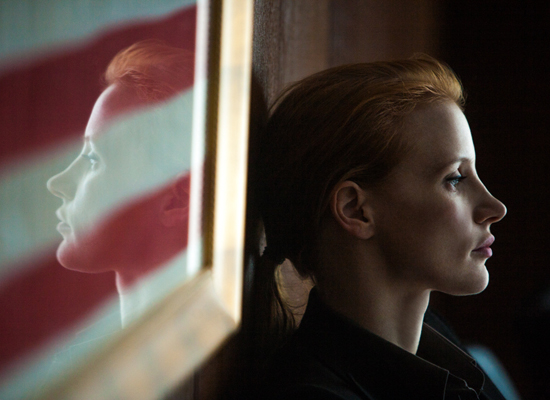
At times, her enemy isn’t simply al-Qaida but butt-covering superiors and foot-dragging bureaucrats. But Maya is not to be deflected, even when terrorist atrocities strike close to home. Asked what she is going to do after an attack that claims the lives of some of her colleagues and friends, she declares, ‘I'm going to smoke everybody involved in this op, and then I'm going to kill bin Laden.’
The latest updates, reviews and unmissable series to watch and more!
We all know how the story ends. Maya gets her man. She works out that a supposedly dead terrorist named Abu Ahmed is in fact alive and working as bin Laden’s trusted courier, a discovery that eventually, after much painstaking surveillance and an extravagant spot of bribery, leads the US to that compound in Abbottabad.
When it comes to the raid itself, Bigelow films the action with a brisk efficiency to match that of the mission’s Navy SEALs. Shot with hand-held cameras, and seen largely through night-vision glasses, the attack is nerve shredding. But there are no gung-ho heroics and no sense of triumphalism after bin Laden is killed. Indeed, in the mission’s aftermath, Maya’s drawn face conveys the emotional and moral cost of her quest.
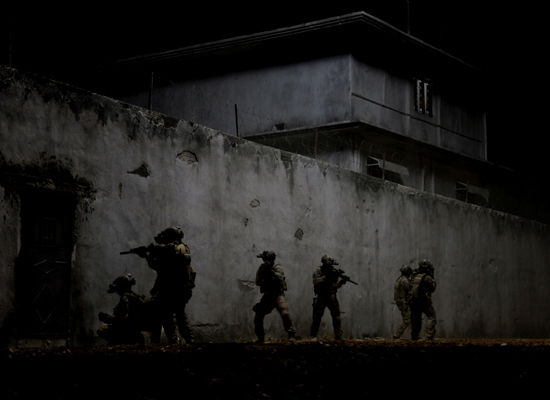
Bigelow's sympathies are clearly with Maya - and it's tempting to view her as the director's onscreen surrogate: like her, a strong, dogged woman working in a traditionally male sphere (the world of intelligence for Maya; Hollywood action movies for Bigelow). Yet Bigelow leaves it to us to weigh up the moral cost of Maya's quest; to make up our own minds about the ethics and efficacy of the methods employed along the way.
That hasn't stopped some critics and commentators (and politicians) from accusing Bigelow of being an apologist for torture, as if the very act of depicting water-boarding, and the other practices in the CIA's arsenal of “enhanced interrogation techniques”, amounts to an endorsement. In fact, if you wanted to make the case that torture doesn’t produce reliable information, you only need look at the interrogation scene in which a terror suspect, asked for the date of the next al-Qaida attack, is reduced by his brutal treatment to babbling the days of the week over and over.
The argument will rage on. What is undisputed is that Bigelow has made a terrifically gripping, provocative film and that Chastain gives an outstanding, Oscar-worthy performance in the lead.

In cinemas from Friday 25th January.
A film critic for over 25 years, Jason admits the job can occasionally be glamorous – sitting on a film festival jury in Portugal; hanging out with Baz Luhrmann at the Chateau Marmont; chatting with Sigourney Weaver about The Archers – but he mostly spends his time in darkened rooms watching films. He’s also written theatre and opera reviews, two guide books on Rome, and competed in a race for Yachting World, whose great wheeze it was to send a seasick film critic to write about his time on the ocean waves. But Jason is happiest on dry land with a classic screwball comedy or Hitchcock thriller.
